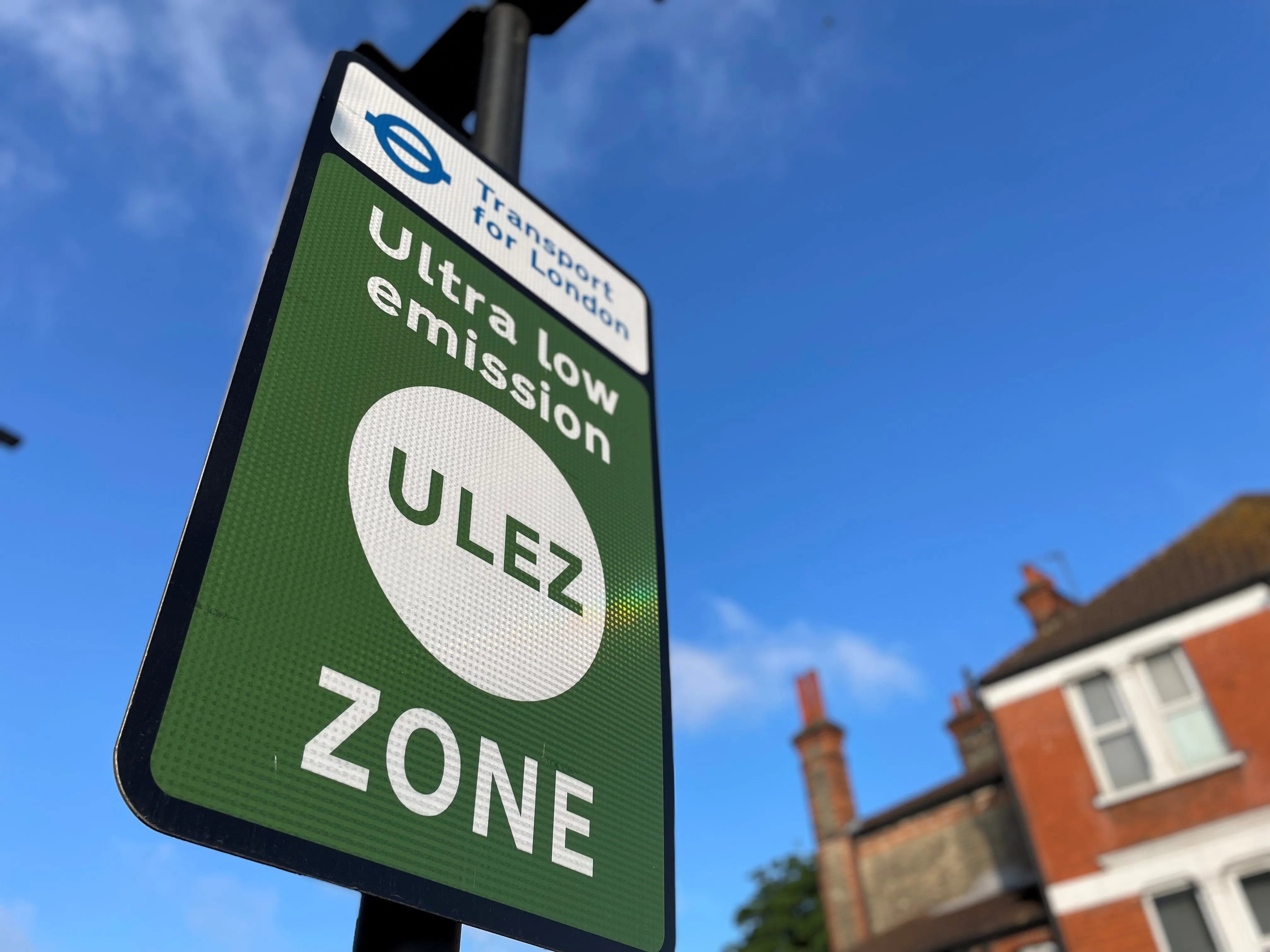The International Transport Forum (ITF) has awarded India-based technology firm, KPIT Technologies, the Promising Innovation in Transport Award 2016, for its development of a system that can convert new as well as existing diesel buses into full electric buses.
KPIT’s smart electric bus technology is modular and highly versatile, making is possible to retrofit different vehicle types from mini buses to large 12-metre public transport buses.
The first bus retrofitted by KPIT went into serviced in 2015
May 18, 2016
Read time: 2 mins
The 998 International Transport Forum (ITF) has awarded India-based technology firm, KPIT Technologies, the Promising Innovation in Transport Award 2016, for its development of a system that can convert new as well as existing diesel buses into full electric buses.
KPIT’s smart electric bus technology is modular and highly versatile, making is possible to retrofit different vehicle types from mini buses to large 12-metre public transport buses.
The first bus retrofitted by KPIT went into serviced in 2015 and two retrofitted buses are currently operated by the Indian Ministry for Road Transport and Highways.
India currently has more than 1.2 million mostly buses in operation, with 50,000 being added every year. Each diesel bus emits 48 tonnes of CO2 per year on average. Replacing 5,000 diesel buses in Indian cities with electric buses would reduce diesel consumption by 95 million litres and save 238,000 tonnes of CO2. KPIT says electric buses can also help encourage adoption of public transport, as the ride is smoother and more comfortable as compared to a diesel bus.
“Air pollution and traffic congestion are major issues for Indian cities today”, said José Viegas, secretary-general of the International Transport Forum and chairman of the jury.
“This technology could reduce pollution in India and beyond. It also has the potential to lower congestion by making public transport more attractive. Not least, it can cut carbon emissions and contribute to the global effort to limit climate change.”
KPIT’s smart electric bus technology is modular and highly versatile, making is possible to retrofit different vehicle types from mini buses to large 12-metre public transport buses.
The first bus retrofitted by KPIT went into serviced in 2015 and two retrofitted buses are currently operated by the Indian Ministry for Road Transport and Highways.
India currently has more than 1.2 million mostly buses in operation, with 50,000 being added every year. Each diesel bus emits 48 tonnes of CO2 per year on average. Replacing 5,000 diesel buses in Indian cities with electric buses would reduce diesel consumption by 95 million litres and save 238,000 tonnes of CO2. KPIT says electric buses can also help encourage adoption of public transport, as the ride is smoother and more comfortable as compared to a diesel bus.
“Air pollution and traffic congestion are major issues for Indian cities today”, said José Viegas, secretary-general of the International Transport Forum and chairman of the jury.
“This technology could reduce pollution in India and beyond. It also has the potential to lower congestion by making public transport more attractive. Not least, it can cut carbon emissions and contribute to the global effort to limit climate change.”







